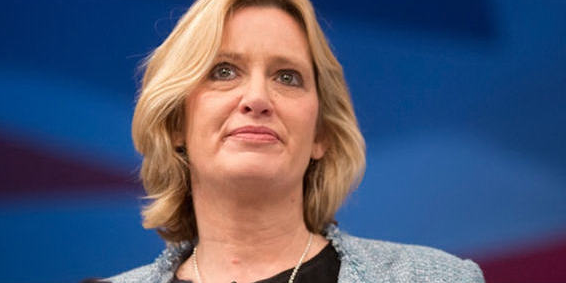The offshore wind proposals – first unveiled in March and linked to caveats over cost reduction – were among a raft of policies name-checked by Rudd as she made her first public appearance since Britain’s ‘Brexit’ vote last week.
“All these commitments remain in place,” Rudd told the Business & Climate conference in London, without giving further details over any future contracts-for-difference auctions that will offer long-term deals to offshore wind and other “less established” technologies.
Offshore wind investors have since last week’s vote called for clarity over the future of the UK sector and the country’s wider relationship with the EU.
Siemens Wind yesterday confirmed it will halt all new investments in the UK and raised questions over the status of possible future exports from its new blade plant in Hull, northeast England, into the EU.
Rudd admitted that “we don’t have the answers” to the nature of the UK’s future relationship with EU and other markets but said “having a close relationship with the EU...will be critical”.
She also said the UK’s new-nuclear ambitions remain intact, including the hugely controversial Hinkley Point C project. Rudd revealed she had spoken to the CEO of anchor investor EDF, who still expects the plant to proceed.
Along with outgoing Prime Minister David Cameron, Rudd has been slated for swingeing cuts to renewables support. But she insisted that “renewable energy is going to continue to have a very strong future here”.
Rudd was quizzed over her potential support for Boris Johnson, the Conservative politician who led the campaign to leave the EU, has written climate-sceptical articles in the past and is a front-runner to be the next UK Prime Minister.
She said the stance on climate change will be “absolutely central” to her decision on who to back as the next leader of her party and country.
The UK government will make its decision tomorrow on whether to support the fifth carbon budget recommended by its advisory body the Committee on Climate Change.
As anxiety swirled around the UK sector, RenewableUK’s CEO Hugh McNeal claimed that the economic uncertainty caused by Britain’s decision to leave the EU strengthens the case for supporting onshore wind.
McNeal’s intervention follows comments by Cameron and finance minister George Osborne about the effects of a period of prolonged economic adjustment and the need for a clear plan for immediate stability.
McNeal told the Scottish Renewables onshore wind conference in Glasgow: “The fears are very real. The stakes are very high, in terms of investment, jobs and consumer bills if we lose access to the European energy market.”
But RenewableUK’s CEO urged the industry to focus on new opportunities, stating “it is precisely now, at this moment which is so unpredictable and uncertain, that I believe we should reflect on what we can offer – cheap, home-grown electricity able to deliver hundreds of millions of pounds of capital investment for our economy over the next few years, helping companies all over Britain just at a time when we need it most”.
McNeal added: “There remains a pipeline of onshore wind plants that are ready to build now, ready to be financed; projects which can generate economic activity and capital investment, projects it makes sense to build given the benefits they will bring and the challenges we now face.”

